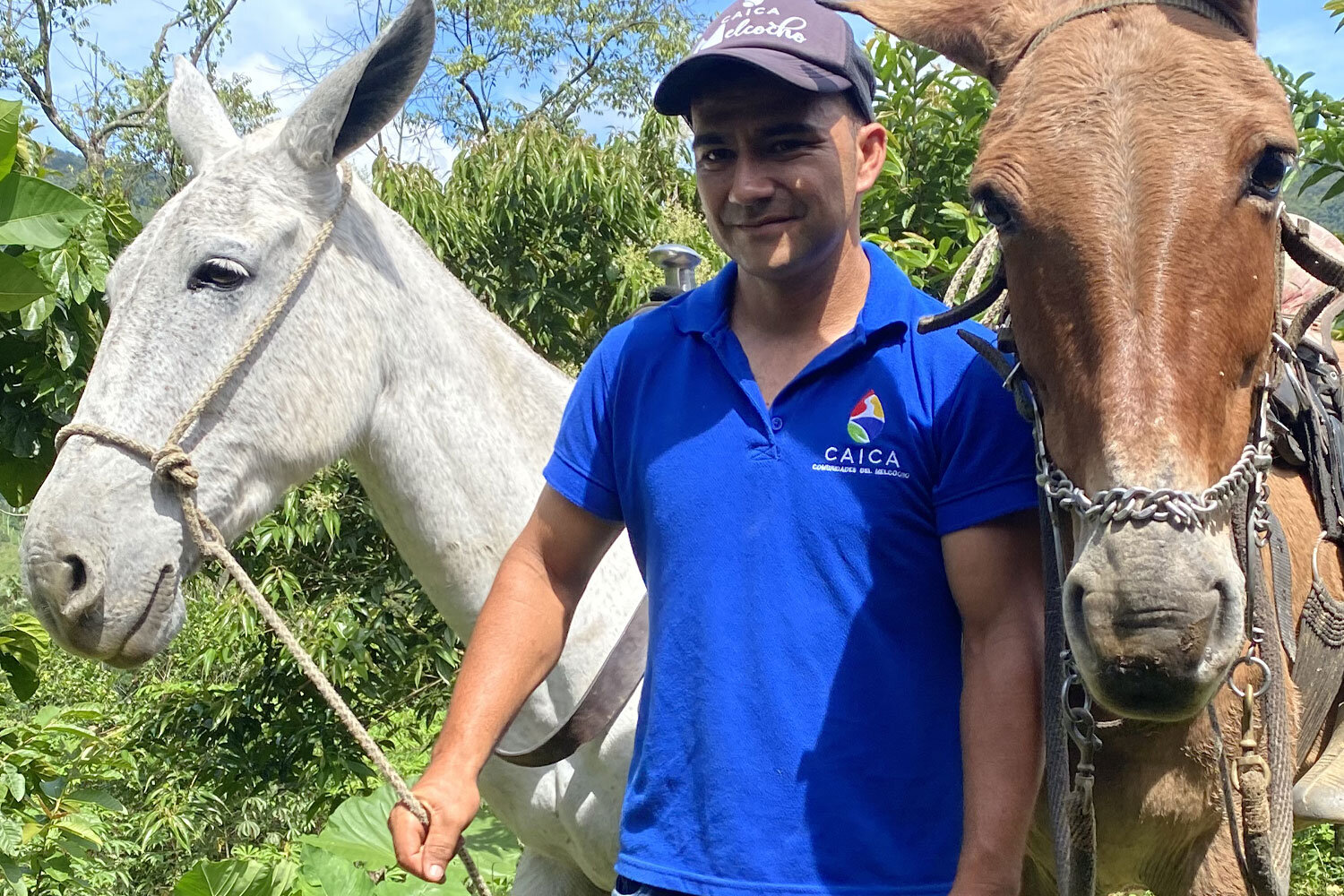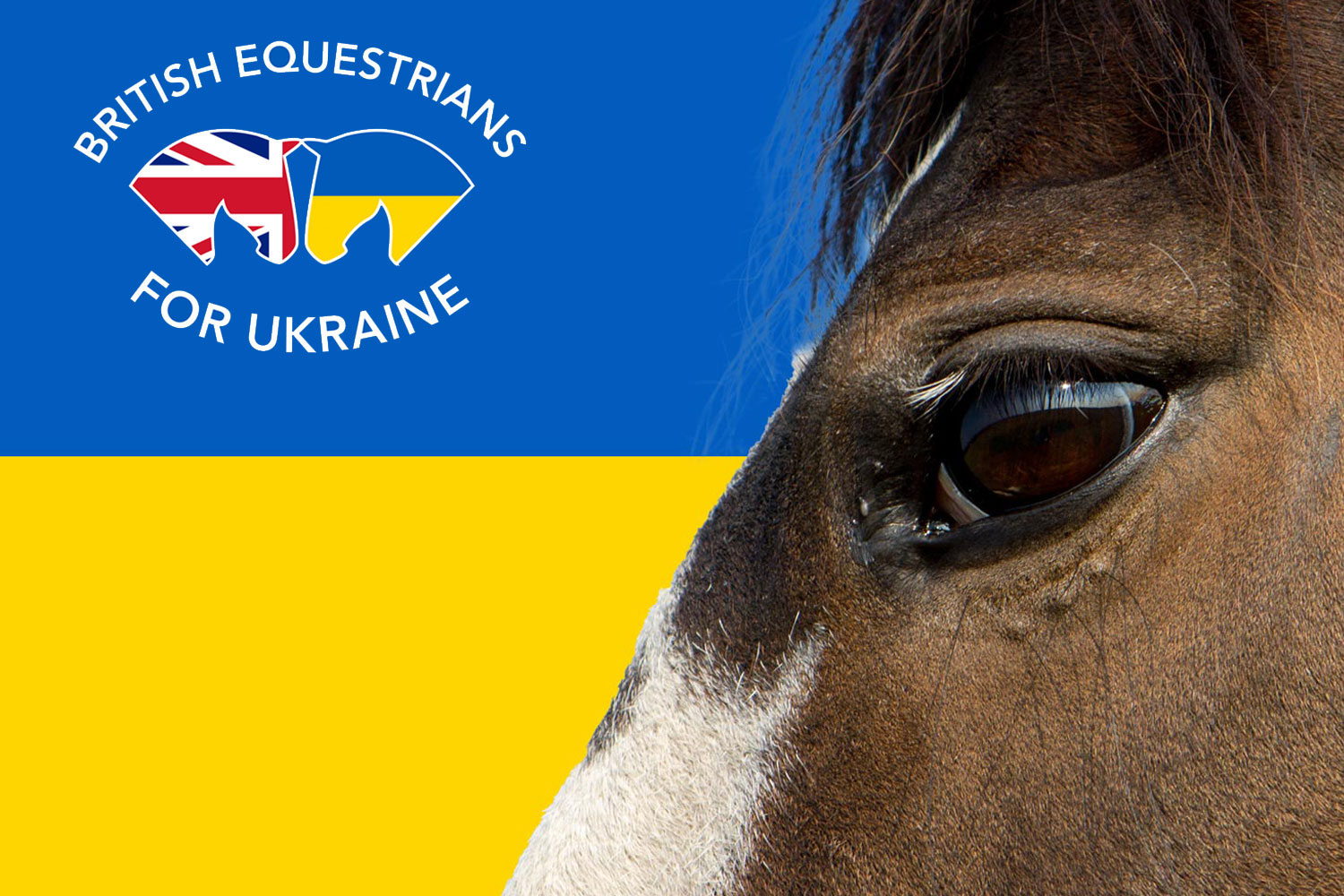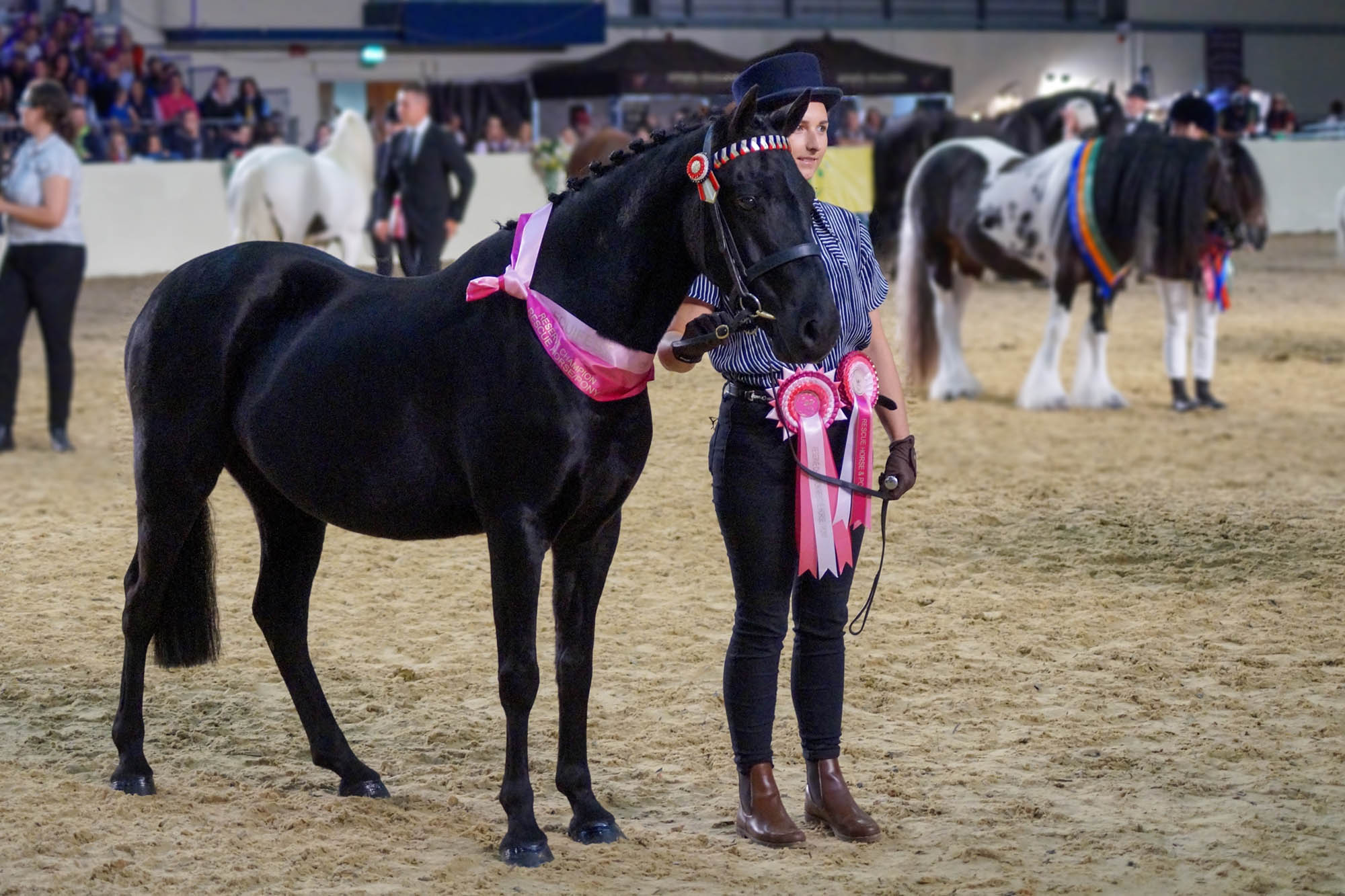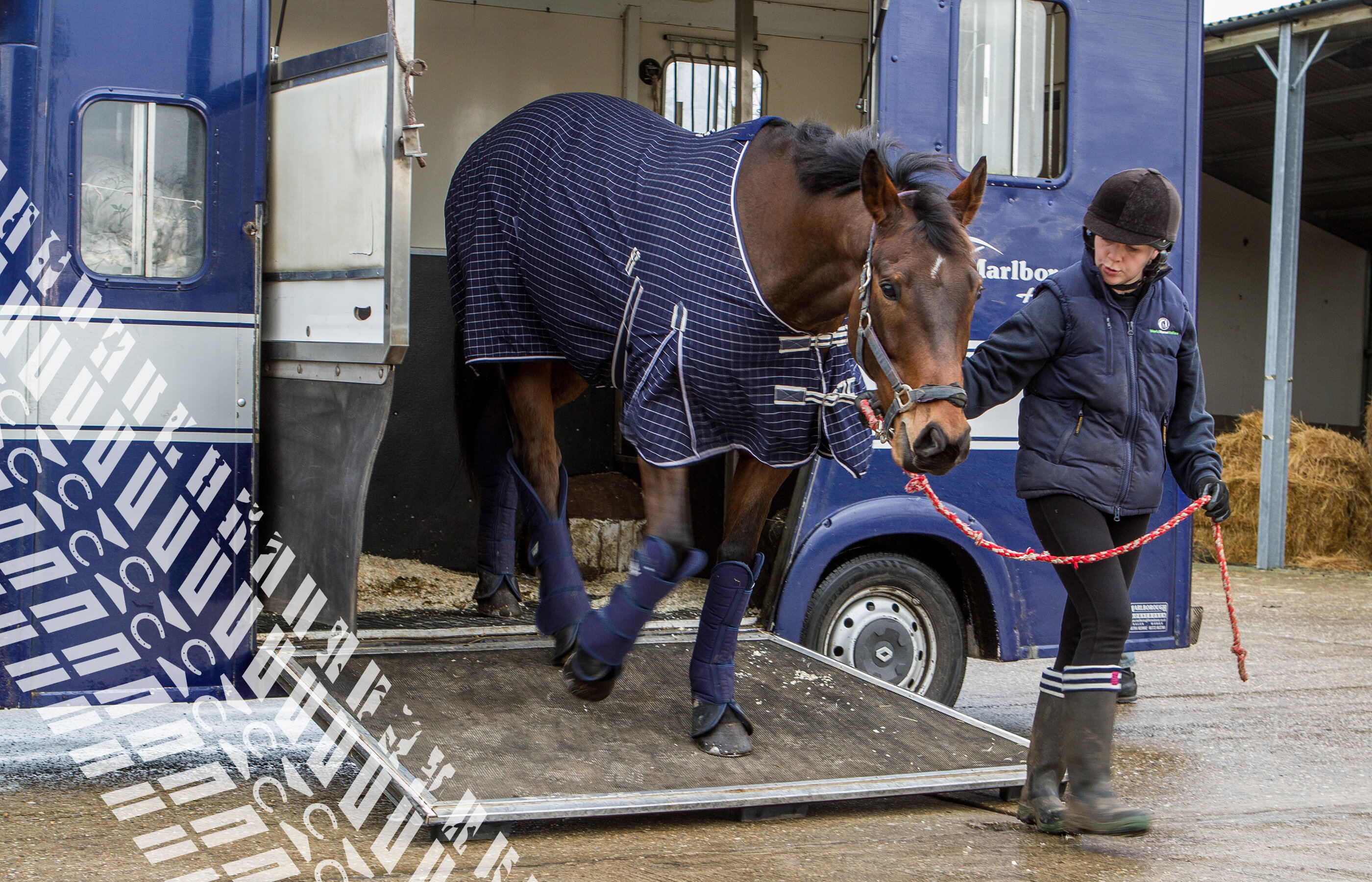The cost of a coffee can improve the lives of the horses – and the people – who transport it
Do you know about the close links between your cup of coffee and the working horses and their owners in Colombia?
Posted on 24/10/2022

You’d be amazed how much difference the cost of your morning cup of coffee could make. We are working in four remote Colombian communities where working equids (horses, mules and donkeys) are integral to local people’s lives. These remote areas are mountainous and poorly connected by road. Families rely on their equids for their livelihoods by transporting goods – including the coffee beans that go on to become your drink – and other agricultural products as well as staying connected and transporting their children to school.
“Colombia has one of the highest rates of economic inequality in the world and working equids play a vital role in the livelihoods of many families, with approximately two-thirds of those who rely on these animals earning less than £1.61 a day. Less than the price of a cup of coffee here in the UK.”
Isabella Wild, International Programme Officer
We work with local partners and, in Colombia, that is Fundación Arrieros Colombia. By working in partnership, we can gain a deep understanding of individual local communities, achieve greater impact and make sure that when the project is finished local people are left with skills and knowledge that deliver long-lasting and impactful change.
The 1.6 million equids in Colombia are hugely valued, but a shortage of resources, support and certain specific skills mean that many of these are in poor condition; malnutrition, colic and hoof issues are particularly common. Around five million people directly rely on their equids in the country, with many others supported indirectly.
The welfare of their animals is very important to owners in the communities we work with in Colombia, and simple changes can make a significant difference. Our partner organisation is working with local people and farmers to build farriery skills, enabling locals to become farriers themselves and ensuring that these new skills will be passed forwards. Without the availability to buy tools and shoes, the training also ensures that farriers can make their own, significantly improving the lives of their equids.
“The most appreciated animal in Colombia is the horse. Without my horse I could not survive. I think what you are doing with our animals is very important, everything that is beneficial for the animal will be good, I hope the charity comes more times a year with ideas and things to prevent diseases. The health of my animal is like mine; we must have it as a priority.”
Ulver, a 32-year-old farmer from the village of El Roblal in the Municipality of Cocorná
Could you spare the cost of a cup of coffee to help us continue this work? A donation of any size makes a difference. Your support is urgently needed to help grow and develop our work to reach more communities throughout Colombia and will not only ensure that equids are cared for today but will build a long-lasting culture of animal welfare and strong horse-human partnerships which help to improve lives and make change happen.
Topics
Related News

British Equestrians for Ukraine: – week four update
Donations to the British Equestrians for Ukraine Fund, hosted by World Horse Welfare, now stand at £164,000.

Rescue pony Clyde shows how your donation can help transform horses’ lives this winter
Welsh pony gelding Clyde came into our care severely neglected but has been transformed to take Reserve Champion Rescue Pony at Equifest this year.
Recommended Blog Posts

Our advocacy efforts in Europe
The welfare of horses during transportation - working towards better standards.

What is a dummy rider and how do we use them on our farms?
We catch up with Caroline Heard, Assistant Manager at Belwade Farm, to find out all about them.

The senior horse: nutrition in sickness and in health
Find out more about the key considerations when caring for older horses, whether in work or retired and whatever their health status.
Enjoy reading stories like this?
Join over 65,000 other horse lovers and sign up for our email newsletter

Join over 65,000 other horse lovers and sign up for our email newsletter
Sign me up now